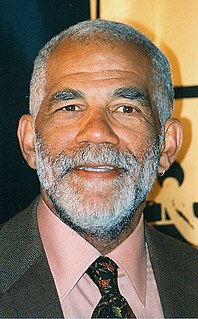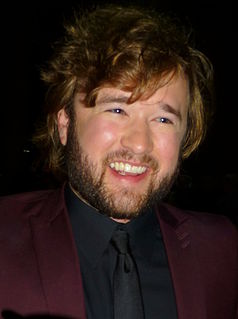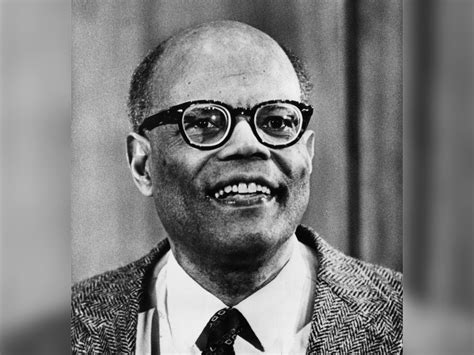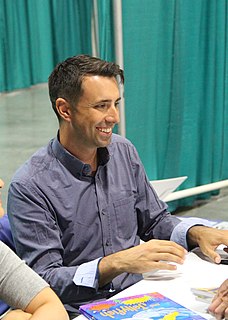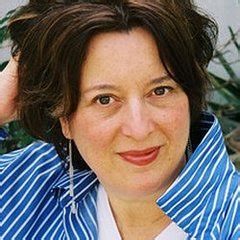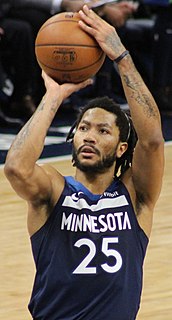A Quote by Ed Bradley
I taught sixth grade for three and a half years.
Quote Topics
Related Quotes
My mom teaches sixth grade and also taught first grade at one point. She's into dressing up and costumes and designing her own curriculum that way. She stayed home for about eight years with me and my sister when we were young before going back to teaching, so we had a lot of time with her. She taught us to read really early.
When I was seven, I had to stay home for several weeks because of some ailment, whereupon my father elected to teach me so that I should not fall behind. In fact, he taught me in three months as much as the school taught in two years, so, on returning to school, I was shifted from grade 4 to grade 6.
I was taught in the sixth grade that we had a standing army of just over a hundred thousand men and that the generals had nothing to say about what was done in Washington. I was taught to be proud of that and to pity Europe for having more than a million men under arms and spending all their money on airplanes and tanks. I simply never unlearned junior civics. I still believe in it. I got a very good grade.
It makes little sense to spend a month teaching decimal fractions to fourth-grade pupils when they can be taught in a week, and better understood and retained, by sixth-grade students. Child-centeredness does not mean lack of rigor or standards; it does mean finding the best match between curricula and children's developing interests and abilities.
I was born 50 years after slavery, in 1913. I was allowed to read. My mother, who was a teacher, taught me when I was a very young child. The first school I attended was a small building that went from first to sixth grade. There was one teacher for all of the students. There could be anywhere from 50 to 60 students of all different ages.
